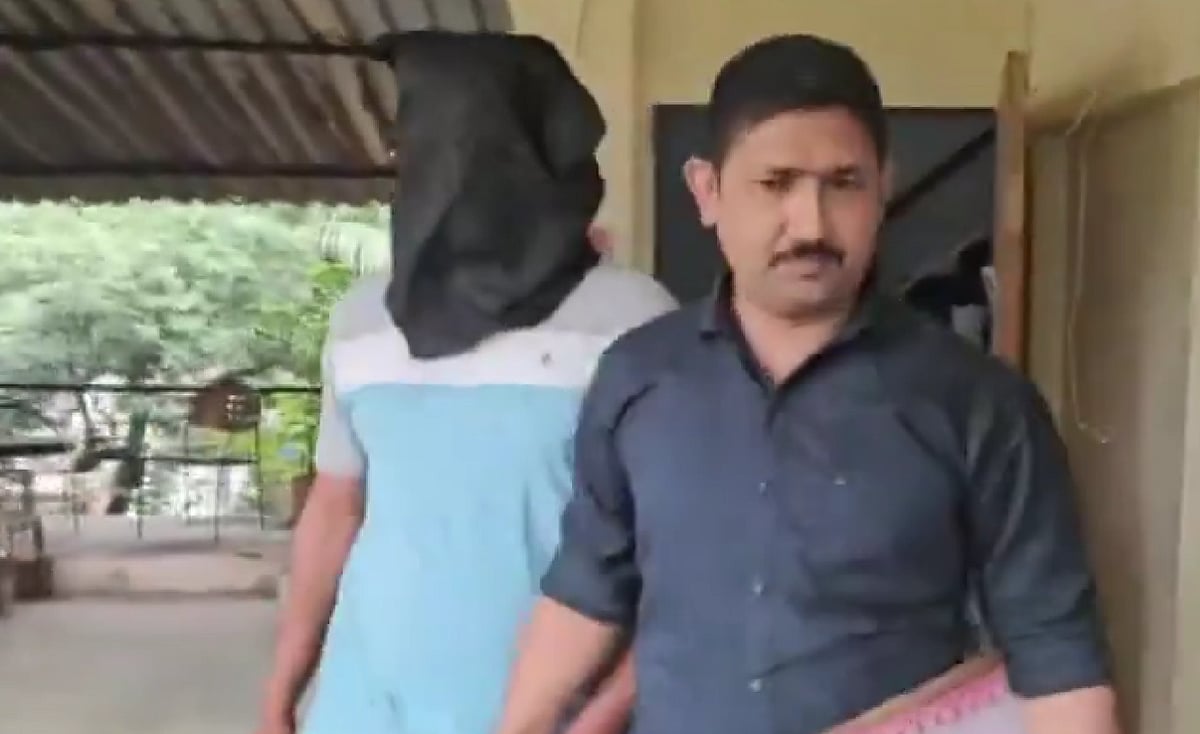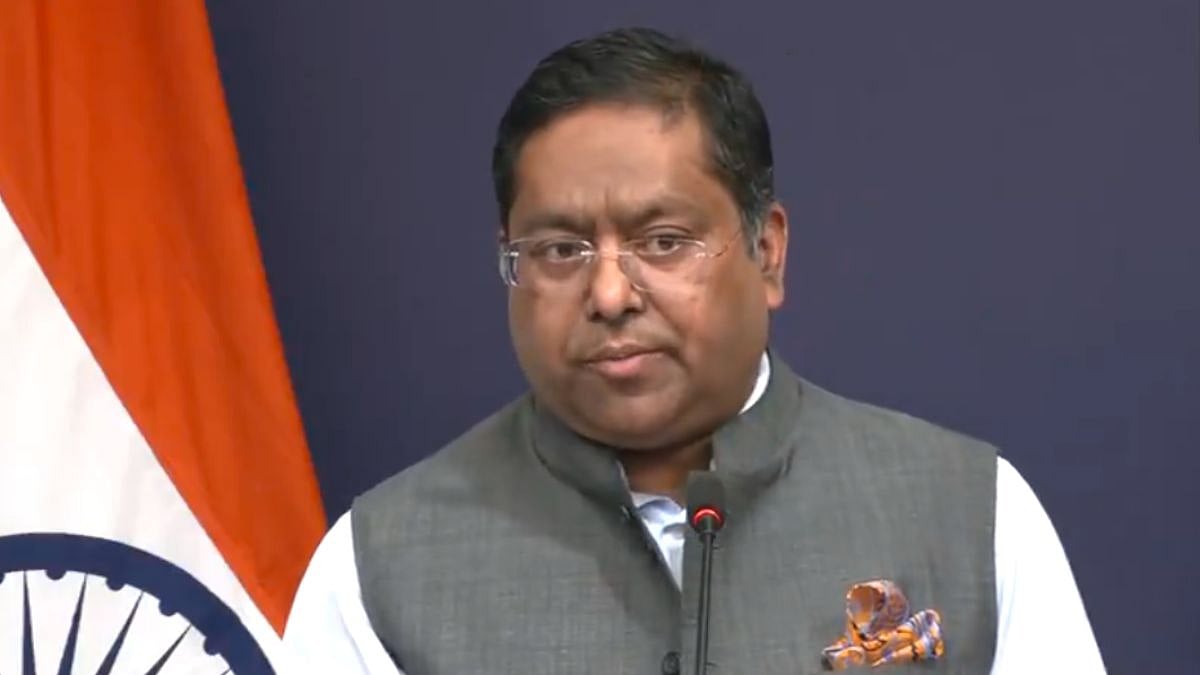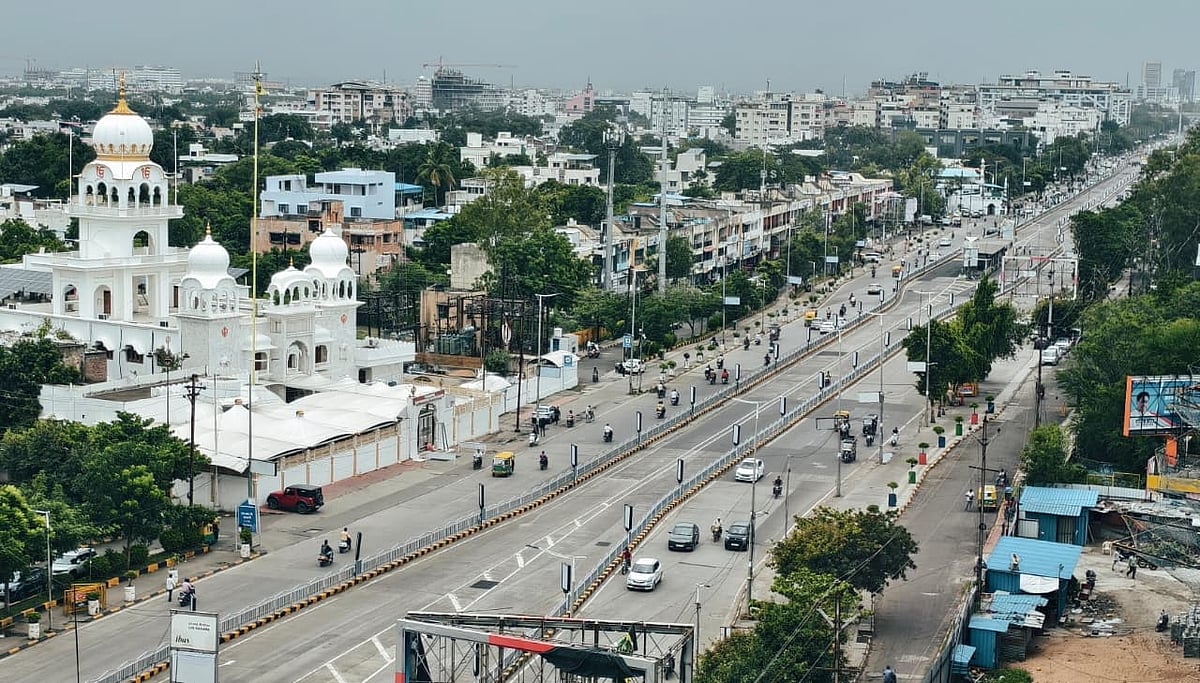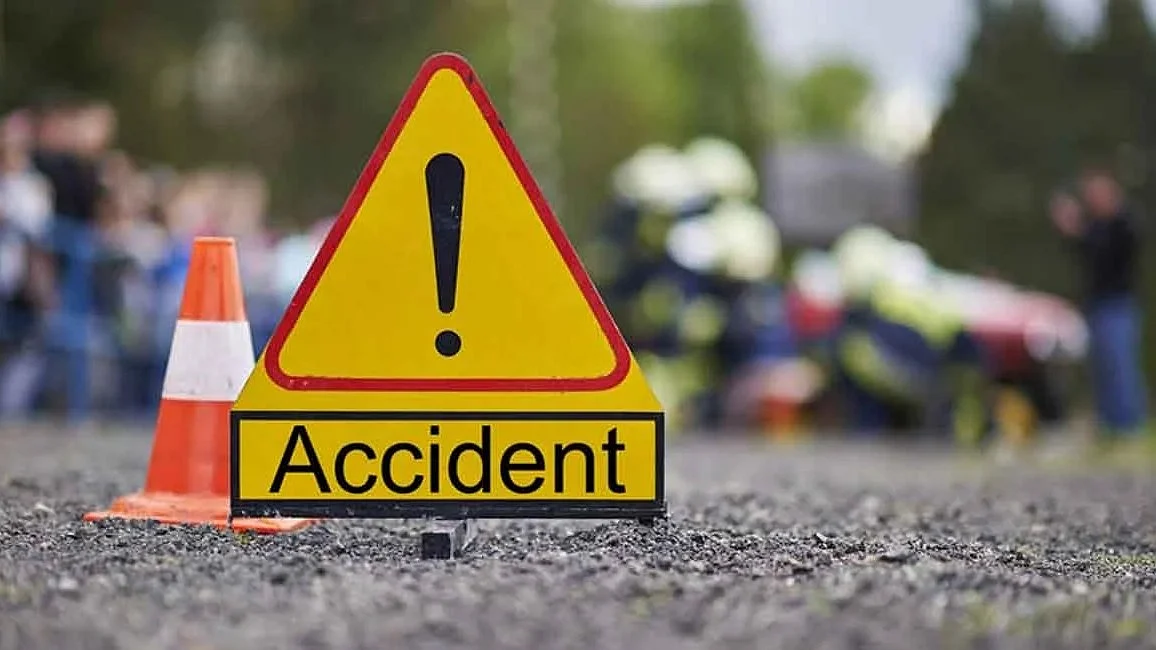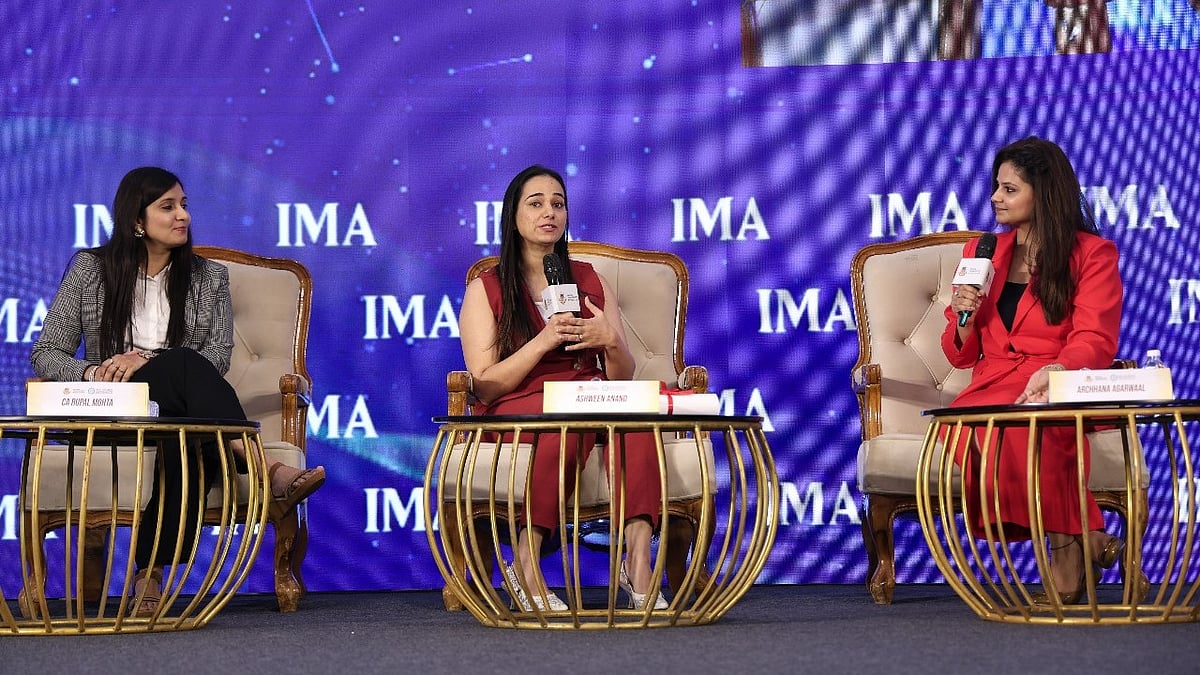Indore (Madhya Pradesh): The ongoing campaign to improve air quality has now extended special attention to the health of traffic police officers. Recognising the dangers associated with air pollution caused by vehicular traffic on roads, the Traffic Control Department and Clean Air Catalyst (CAC) conducted a one-day workshop titled "Health and the Adverse Effects of Air Pollution" to train traffic police personnel.
According to a study by Clean Air Catalyst, 70% of air pollution in Indore is attributed to vehicular emissions. While training the traffic police, senior pulmonologist Dr Salil Bhargav stated, "Exposure to air pollutants can lead to numerous health issues, including respiratory and cardiovascular diseases. Air pollution is reducing our potential lifespan from 100 years to 70-80 years. Traffic police are at higher risk due to prolonged exposure on the roads. We must be aware and take precautions to protect ourselves from these hazards. Essential measures include wearing masks, practising pranayama and regular exercise, maintaining adequate hydration, consuming a nutritious diet, and undergoing regular health check-ups."
Indore Municipal Corporation superintendent engineer Mahesh Sharma said, "This training will prove extremely beneficial in safeguarding the health of our traffic police officers." Clean Air Catalyst also trained ASHA workers on the causes, sources, risks, and preventive measures related to air pollution. ASHA workers from ten urban wards in Indore, prioritised as Low Emission Zones by Clean Air Catalyst for air quality improvement, were selected for this training. Arjun Pawar, traffic inspector of the Western Region, commented, "This training will aid in protecting not only the general public but also the traffic police themselves." Vinay Pandey, assistant programme manager of Urban Health, stated that ASHA workers, who play a crucial role in public health, will now also contribute to preventing air pollution in the city.
During the session, Kaushik Hazarika, project manager of Clean Air Catalyst, provided detailed insights into the collaborative efforts with the Indore Municipal Corporation aimed at improving air quality. Saurabh Porwal, programme manager at Vital Strategies, offered practical information on the adverse health effects of poor air quality and ways to mitigate them. Megha Namdev elaborated on transportation solutions that can help Indore achieve its goal of becoming a clean and healthy city with pure air. Scientist Dr Nivedita Barman explained the basics of air quality science through fundamental examples.


